START SUPPLIES EXTRACTS AND TINTURES Extract of Arnica (HG)
Extract of Arnica (HG)
3.90 €
Precio con IVA incluido
Available delivery methods: Prior shipping quote Spain only Canary Islands, Ceuta and Melilla and Andorra - Correos, Europe other countries, España Península 48/72 hs (PARA CANJEAR CUPÓN), Portugal Península 48/72 hs (PARA CANJEAR CUPÓN), VIP Customer, Picked up at the store, Balearic Islands - DHL
We also recommend
*
Precio con IVA incluido
Customers who bought this product also bought
|
|
|
|
|
|
|
*
Precio con IVA incluido
Browse these categories as well: Extracts and tinctures, EXTRACTS














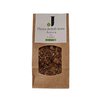
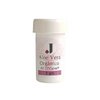
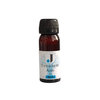
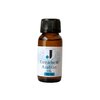
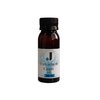
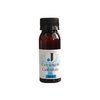
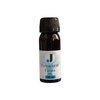
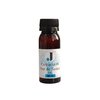
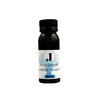
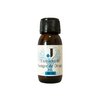
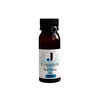
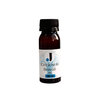
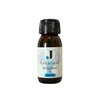
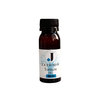
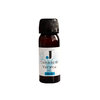
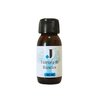
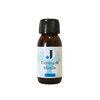
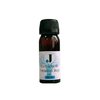
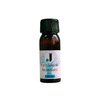
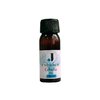
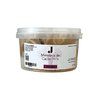
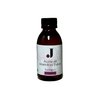
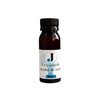
 tienda@ladespensadeljabon.com
tienda@ladespensadeljabon.com  Location
Location (+34 ) 944 657 841
(+34 ) 944 657 841




 (+34 ) 608 651 314
(+34 ) 608 651 314